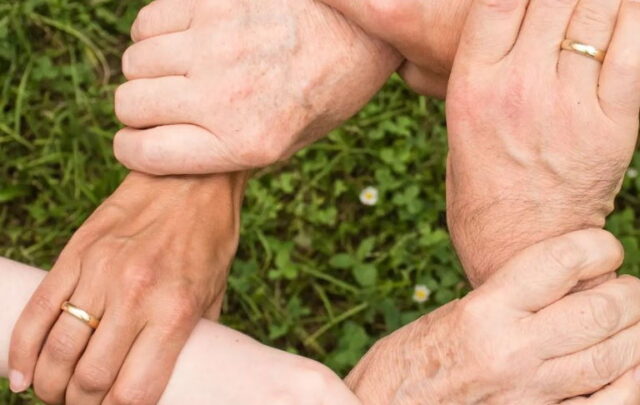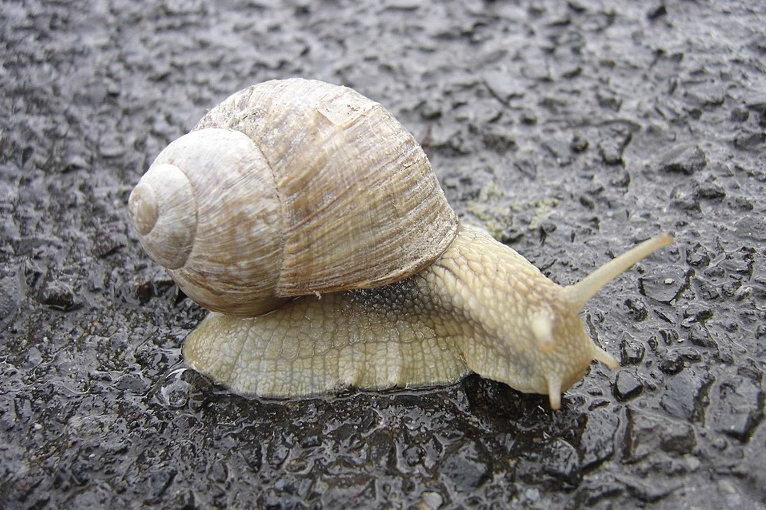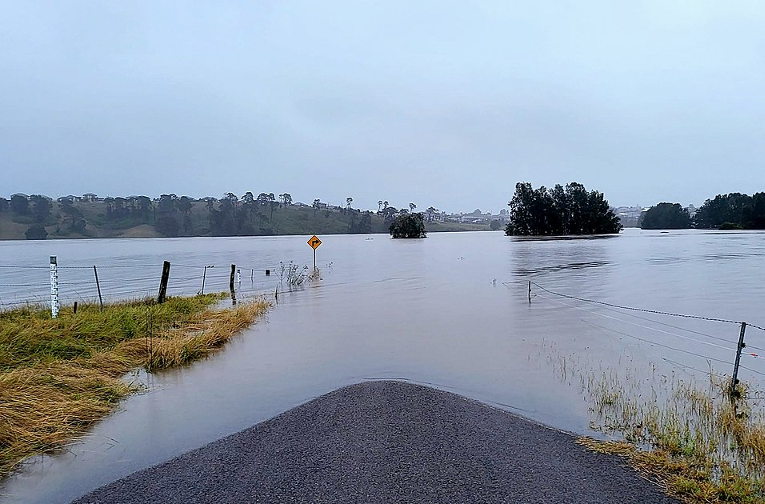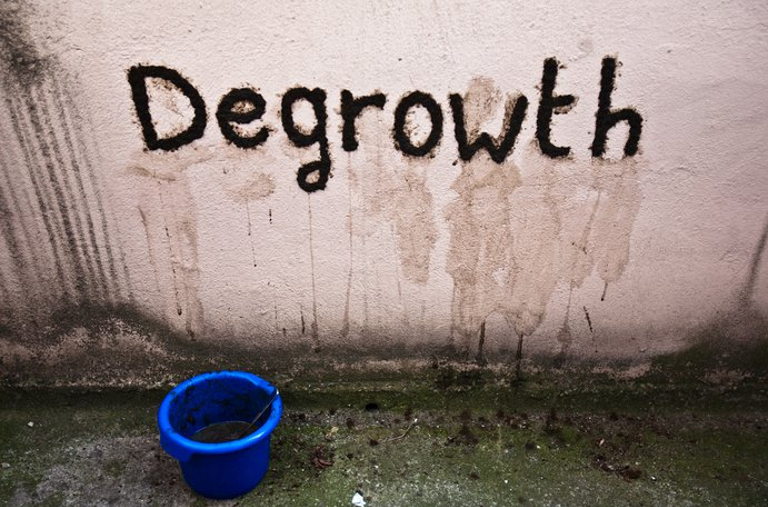Erin Remblance is a Sydney-based mother-of-three. She is currently working in carbon reduction and studying wellbeing economies.
How Does Degrowth Apply to Our Minds?
Unpicking the dominant, growth-based worldview will mean closely analysing the stories we have been told (and who those stories might serve), and bravely and courageously assessing whether all of this growth really does bring us ‘the good life’.
March 31, 2023
Degrowth: The Path to a Better Life
The path to a good life is not what we own, or the places we travel, or what we individually achieve. It is living in harmony with ourselves, with the planet and all of its inhabitants, in finding joy in nature’s wonders and in our connection to ourselves and others.
February 21, 2023
Degrowth: No, Let’s Not Call It Something Else
We don’t need to change the name ‘degrowth’. What we need is for more of us in wealthy nations to intuitively associate the term ‘economic growth’ with ‘collapse’.
August 30, 2022
How change happens: Lessons from Australia’s bombshell election
After nine long years of an increasingly far-right, climate change denying Liberal National Party coalition (LNP) government, the citizens of Australia voted for change.
July 20, 2022
Degrowth is Not Recession. Nor is it Austerity.
If we are honest, it’s not the term “degrowth” that people don’t like, it’s what it means: we must reduce our material footprint so that we are no longer living as though we have two, three, four or five planet earths.
March 7, 2022
We are not supposed to live like this
What if, in trying to heal ourselves, we also begin to heal the planet? Because, in a wonderful turn of events, it turns out that what is good for us, is good for the planet too.
February 25, 2022







